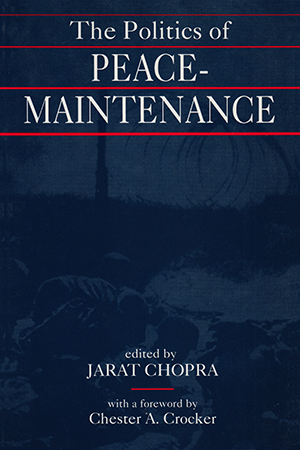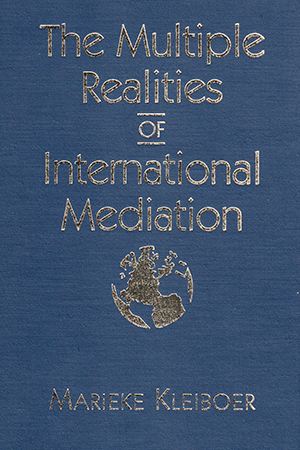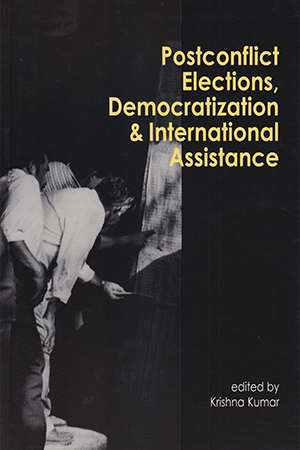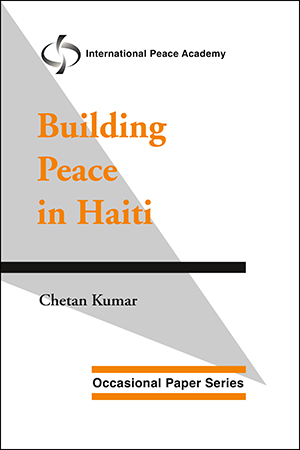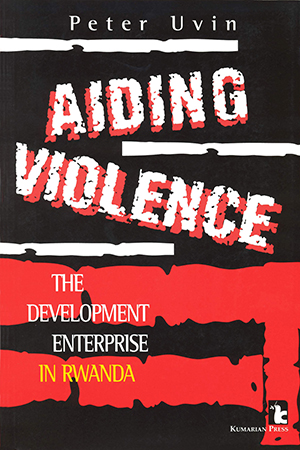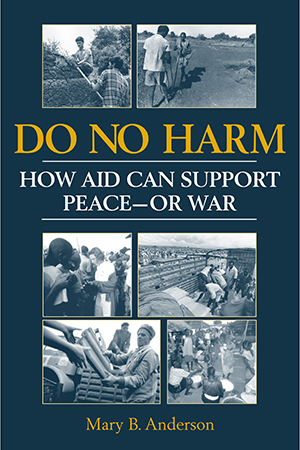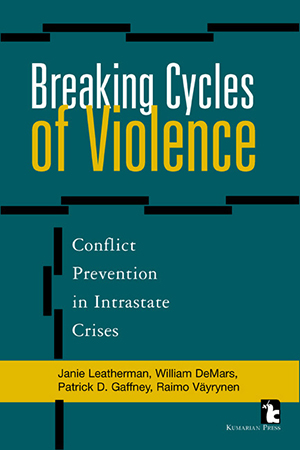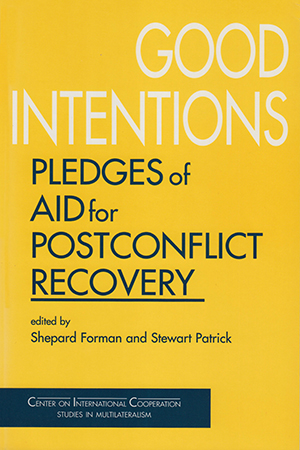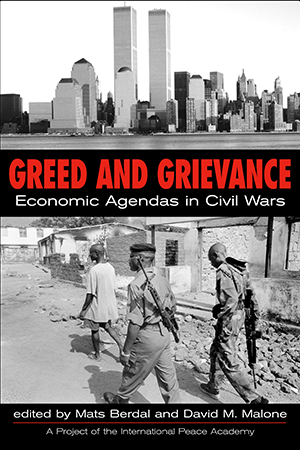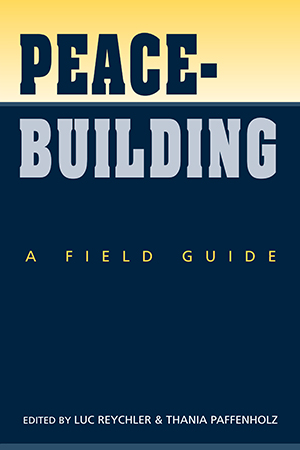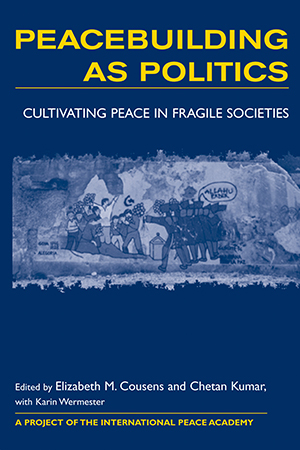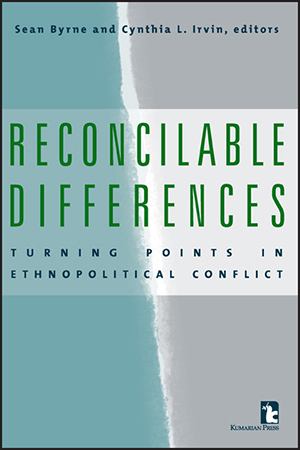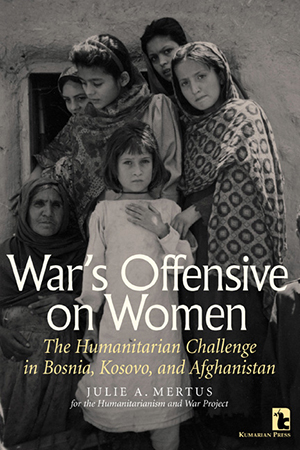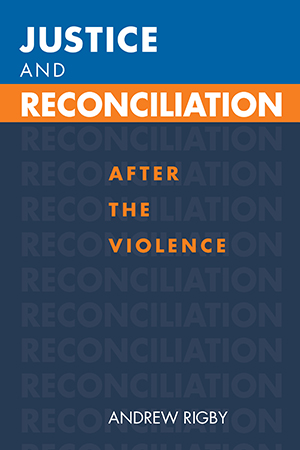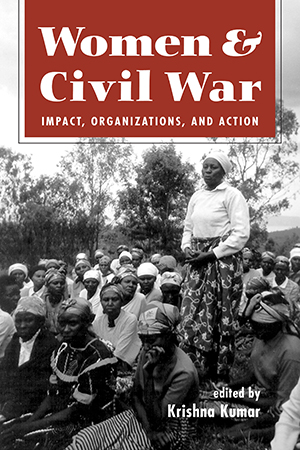Peace and Conflict
The results of more than fifty years of peacekeeping operations—ranging from diplomatic efforts to so-called peace enforcement (the use of military force)—have made it clear that More >
Recent experiences have demonstrated once again the complexities of brokering an end to deep-rooted ethnic and international conflicts, as well as the difficulties of evaluating the outcomes More >
On the Humanitarian Times list of the Top Ten Books of 1998! With the resolution of intrastate conflicts in Africa, Central America, and Southeast Asia, and with new hope for the peaceful More >
Though its national life often has been characterized by violence, Haiti has not been victim of a full-fledged internal conflict, or civil war. Why, then, is the international community More >
Winner of the African Studies Association’s Herskovits Award! Aiding Violence expresses outrage at the contradiction of genocide in a country considered at the time by Western aid More >
Echoing the words of the Hippocratic Oath, the author of Do No Harm challenges aid agency staff to take responsibility for the ways that their assistance affects conflicts. Anderson cites More >
Breaking Cycles of Violence studies how the international community, working with local partners, can effectively pinpoint key breaking points and target resources for societies at risk of More >
This comparative study assesses the causes—and consequences—of failures to fulfill pledges of aid to postconflict societies. In each of six case studies, the coauthors (drawn More >
Current scholarship on civil wars and transitions from war to peace has made significant progress in understanding the political dimensions of internal conflict, but the economic motivations More >
A milestone in the search for sustainable peace, this handbook highlights the invaluable contributions of people working in the field. The authors clarify how fieldworkers "fit" in More >
Although the idea of postconflict peacebuilding appeared to hold great promise after the end of the Cold War, within a very few years the opportunities for peacebuilding seemed to pale More >
The authors of Reconcilable Differences consider how a range of factors converge to shape the ways that ethnic conflicts are waged and how peaceful change occurs. Focusing on the More >
Julie Mertus explores, with cautious optimism, the progress that has been made in incorporating women and responding to gender issues in the process of dealing with humanitarian crises. More >
How do societies that have been wracked by violent conflict reconcile themselves to their recent history—and lay the foundations for a peaceful, stable future? How do they deal with More >
Women typically do not remain passive spectators during a war, nor are they always its innocent victims; instead, they frequently take on new roles and responsibilities, participating in More >


